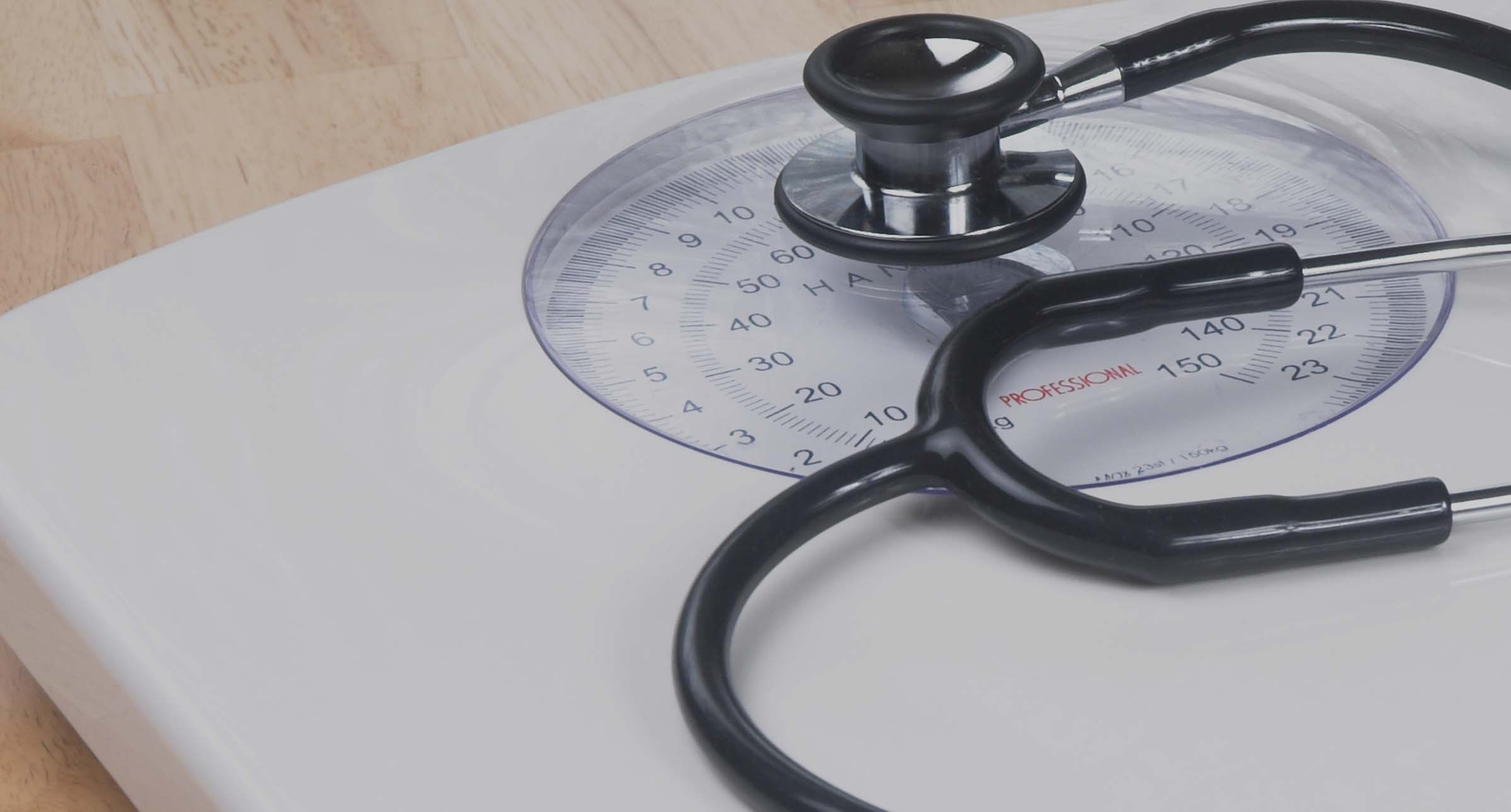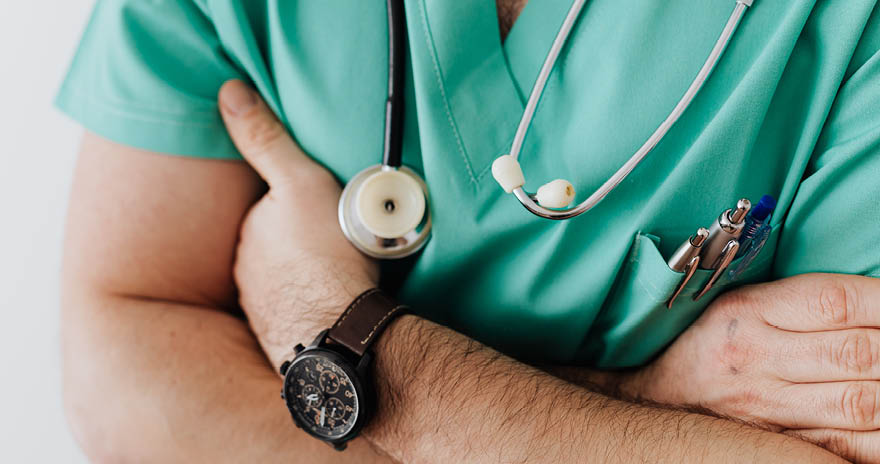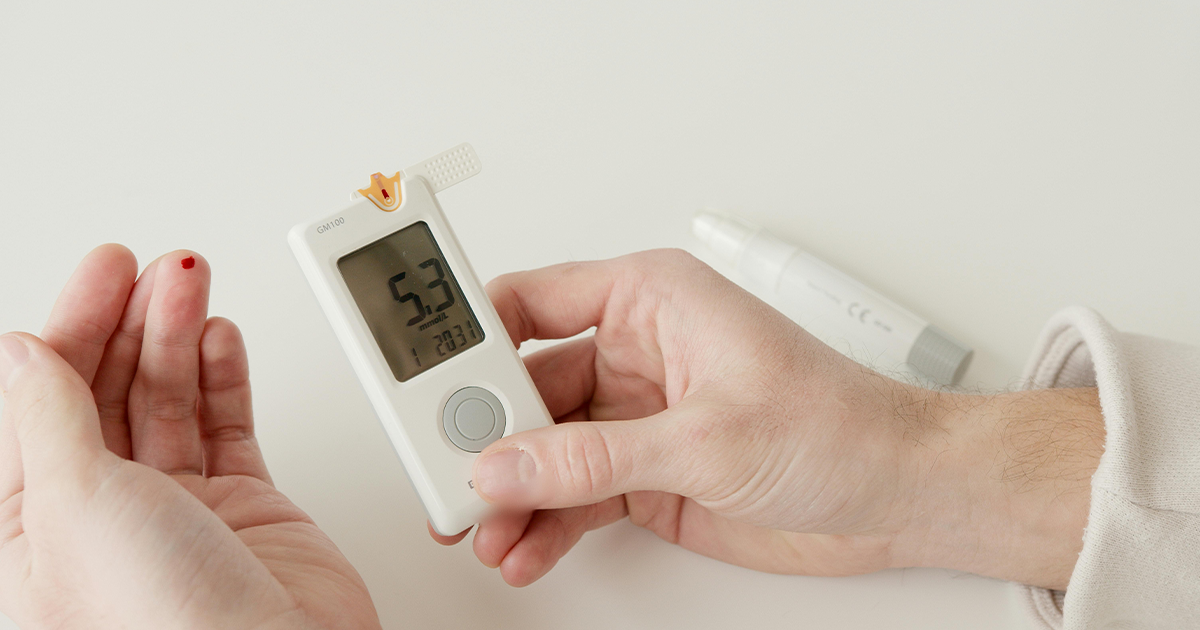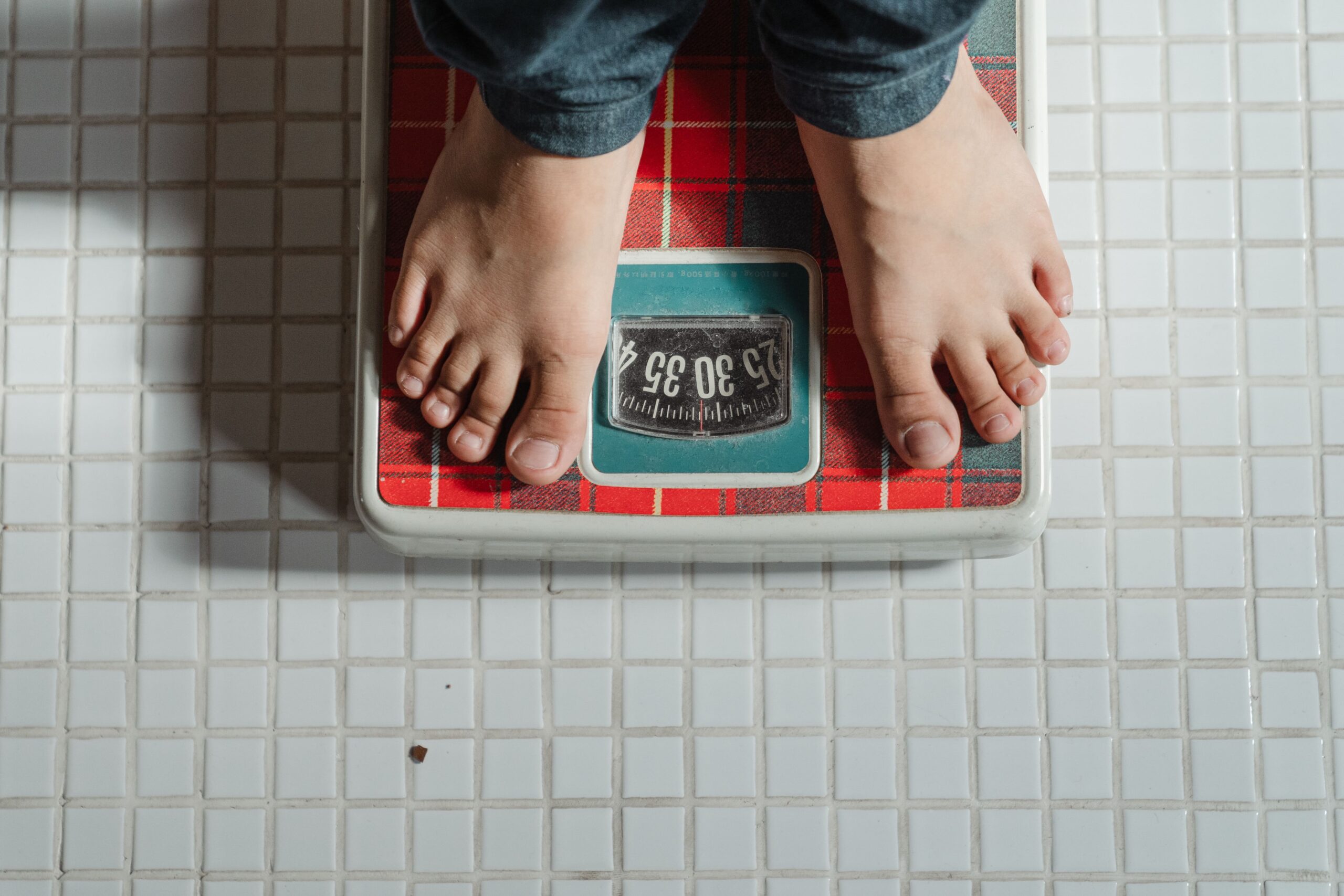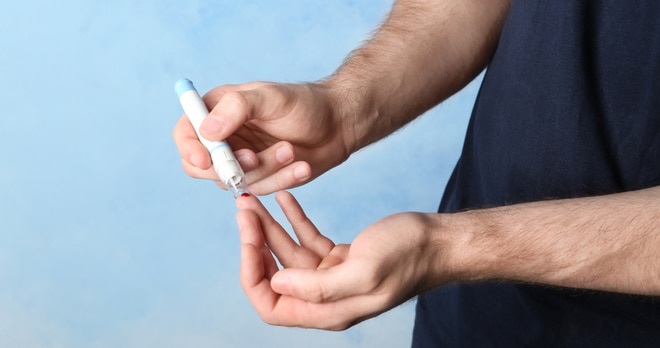Sleeve gastrectomy – What you need to know before surgery.

At RWK Goodman we regularly seek the expertise of medical professionals to highlight where potential negligence may have occurred. Mr Abeezar Sarela, Consultant Surgeon at Surgical Jurisprudence, is an expert in Weight Loss surgery techniques and someone who has provided his expert opinion to assist our bariatric team.
In the article below Mr Sarela outlines the sleeve gastrectomy procedure and highlights the potential complications you should be aware of before undergoing surgery.
The sleeve gastrectomy is a commonly performed weight loss operation. As per the UK’s National Bariatric Surgery Registry, sleeve gastrectomies form about one-third of all weight loss operations in UK, although, the popularity of the sleeve gastrectomy is rapidly increasing and it may soon overtake the gastric bypass as the most common operation. The sleeve gastrectomy operation is almost always done by laparoscopy (keyhole surgery), so it is usually referred to as a laparoscopic sleeve gastrectomy, sometimes abbreviated to LSG.
What is a sleeve gastrectomy?
The sleeve gastrectomy operation is done under general anaesthesia. Several keyhole-sized incisions are made on the abdominal wall, in order to insert cannulas (also called trocars or ports) into the abdomen. Laparoscopic instruments for dividing tissues, controlling blood vessels and suturing tissues, can be introduced into the abdomen through these cannulas.
In the sleeve gastrectomy operation, several blood vessels and fatty tissues that are attached to the stomach are cut. The stomach is then divided by using special surgical devices called staplers. These staplers can simultaneously divide and seal the walls of the stomach. In this way, the stomach is converted from a large sac into a thin tube-like structure.
The surgeons who devised this operation felt that this tube resembled a coat-sleeve; hence, the name ‘sleeve-gastrectomy’, which has just persisted. The ‘excess’ portion of the stomach, which has been separated from the sleeve by stapling, is removed from the abdomen via one of the keyhole incisions. This excess portion is not measured; instead, it is the sleeve itself that is usually measured, or calibrated, by the placement of a tube, called a bougie, into the stomach through the mouth. The stapling is then done around this bougie, so that the volume of the sleeve can be standardised.
Potential complications of a sleeve gastrectomy
The sleeve gastrectomy is generally a very safe operation but, as with any operation, complications can occur. A feared complication of the sleeve gastrectomy is leakage, often simply called a ‘leak’. This means that the staples have not formed a water-tight seal and stomach juices have leaked out from within the sleeve gastrectomy.
Leakage causes inflammation of the inner lining of the abdomen, and this inflammation is called peritonitis. The intensity of the peritonitis can be variable. In some people, peritonitis is severe and it becomes apparent within a few days after the operation. Peritonitis usually declares itself by intense abdominal pain that may be accompanied by signs of sepsis, such as fever, fast heart rate, and a general feeling of being quite unwell. However, sometimes, leakage can be ‘silent’, and it may not come to light for several weeks or even months after the operation. In such cases of ‘delayed’ leakage, it is believed that the leakage must have started soon after the operation, but it did not immediately produce symptoms because the leakage was only small and the body’s natural defence mechanisms were able to cope with it for some time.
Why does leakage occur? Very simply, body tissues are not guaranteed to heal. Whenever the stomach is stapled, in a sleeve gastrectomy or any other operation, there is always a risk that leakage can occur. As such, occurrence of leakage, in and of itself, does not necessarily mean that the surgeon did not perform the operation with appropriate care and skill.
Surgical skill is, of course, critical. The stapler is simply an instrument, and, as with any instrument, it will work only as well as the hand, and the mind, that uses it. There are various technical surgical manoeuvres that can be adopted to reduce the chance of leakage. These manoeuvres, however, are at most “nuances”, rather than distinct surgical steps that can be articulated and described in a written operation record.
Written records, or operation notes, will usually narrate standard steps, and it is usually impossible to conclude whether, or not, correct manoeuvres were undertaken from a written note. Much emphasis is placed only whether, or not, the surgeon did a ‘leak test’ during the operation, by insufflating air and a coloured solution into the sleeve and observing for leakage. There is, in fact, very little to support the value of a leak test. So, if a leak test was not done, and leakage did occur post-operatively, it would be hard to allege that performance of a leak test would have avoided leakage.
Some surgeons re-inforce or ‘buttress’ the staple line with synthetic material, or place sutures over the staple line. There is some evidence that re-inforcement of the staple line reduces the incidence of leakage, but the evidence is weak and some surgeons do not use any re-inforcement. So, if a surgeon does not use re-inforcement, it will be difficult to claim not only that the surgeon should have done so but also that re-inforcement is likely to have prevented leakage.
Instead, clinical negligence in cases of leakage after sleeve gastrectomy usually rests on failures to suspect, detect and treat leakage in an appropriate or timely manner. Most surgeons will not routinely do any x-rays or blood tests post-operatively. As mentioned earlier, the occurrence of leakage is rare (about 1 in 100), so it simply does not make sense to do tests for all patients. Moreover, tests are exceedingly unlikely to show any abnormality unless the patient is somehow unwell, say, with severe pain or fever.
On the other hand, if a patient does have unexpectedly severe pain, fever, fast heart rate or some other issue of concern, then leakage should be suspected. In such a case, blood tests should be done promptly, and followed quickly by a CT scan. Most people will stay in hospital overnight after a sleeve gastrectomy operation. If they display any symptoms of concern, they should not be discharged from hospital. Patients who are discharged should be warned about delayed leakage, and advised to get in touch with the hospital immediately in case of any signs of delayed leakage. If a patient reports symptoms of concern for leakage, then she or he should be advised to return to hospital immediately. In case of leakage, it is critical to act promptly, and serious problems are likely to be avoided to timely and appropriate action is taken.

How can we help?
If you or anyone you know suffers with complications following weight loss surgery, and you do not believe you were adequately counselled as to the associated risks prior to surgery, please get in touch with a member of our specialist bariatric team to discuss your care today.
We understand the complexities surrounding this condition and its debilitating impact on your daily life. Our dedicated professionals are committed to providing legal guidance and support tailored to your specific needs.
Our related services and support.
Legal insight from our team of bariatric specialists.
View more articles related to Bariatric claims




